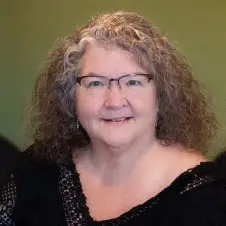 | 1 LU | HSW |
 | 1 LU | HSW |
Date / Time: November 1, 2025 | 10:45 – 11:45 am
Room: 155-156
Audience: Architects, Engineers, Educators, Facility Personnel, Contractors / Suppliers / Manufacturers, Consultants
Call to Action:
Abstract: This session is designed to provide educators, administrators, and design professionals with a comprehensive understanding of key legal policies that protect students with disabilities. The session will cover the Rehabilitation Act of 1973, the Americans with Disabilities Act (ADA), and the Individuals with Disabilities Education Act (IDEA). Participants will learn about the historical context, key provisions, and practical applications of these laws. The course will also explore how these policies intersect to ensure equitable access to education, support services, and accommodations for students with disabilities. Additionally, the session will highlight the importance of Transition Plans, which are required by the ADA. ADA Transition Plans are essential for identifying and removing physical barriers to accessibility in public education facilities. These plans should be periodically updated until all accessibility barriers are eliminated. Participants will gain expertise on developing and implementing these plans effectively, including steps such as Designating an ADA Coordinator, Providing Public Notice, Establishing a Grievance Procedure, Conducting a Self-Evaluation, Assessing current facilities, policies, and practices for ADA compliance, and Developing the Transition Plan.
Learning Objectives:
Educational Facility Implementation, Project Management / Project Delivery
Successfully delivering a project that meets the needs of the community, district, and students.

Kristi, Founder and CEO of Accessology since 1990, has pioneered accessibility compliance, helping airlines and airports with the Air Carrier Access Act (ACAA). She developed extensive training programs on accessibility standards for various stakeholders. As a principal consultant, she guides municipalities and Title II entities on ADA Transition Plans. Kristi oversees Accessology’s specialists, serves on the Board of Directors for accessibility professionals, and liaises with the U.S. Access Board. Her expertise spans ADA, Section 504, FHA, and more.